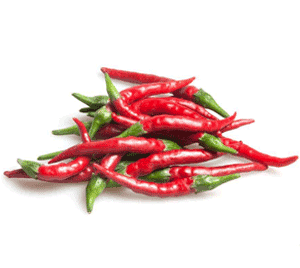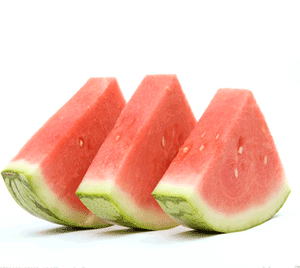 What food to avoid during confinement is as important as what to eat during confinement period that mum should be aware of. Mums should always be watchful of their diet not only during pregnancy but confinement after childbirth as well. Useful food information and advices from TCM perspective of postnatal diet should not be taken lightly especially on caffeine, seafood, crabs, citrus fruits, garlic, bamboo shoots. Mums undergoing Cesarean Birth or C section avoid chicken and egg. A baby’s immunity and digestive system is very sensitive. Any bacteria is likely to cause major distress to you and your baby. Until your baby’s digestive system is fully developed, do avoid the following category of foods that may pose health threats to your baby.
What food to avoid during confinement is as important as what to eat during confinement period that mum should be aware of. Mums should always be watchful of their diet not only during pregnancy but confinement after childbirth as well. Useful food information and advices from TCM perspective of postnatal diet should not be taken lightly especially on caffeine, seafood, crabs, citrus fruits, garlic, bamboo shoots. Mums undergoing Cesarean Birth or C section avoid chicken and egg. A baby’s immunity and digestive system is very sensitive. Any bacteria is likely to cause major distress to you and your baby. Until your baby’s digestive system is fully developed, do avoid the following category of foods that may pose health threats to your baby.
Spicy and heaty food.
Constipation and hemorrhoids are caused by spicy and heaty foods such as chilli, pepper, curry garlic, mustard, chives. Other deep fried or barbequed food should be avoided during confinement.
Oily food.
As the intestines are still considered weak after childbirth, mums are prone to constipation and diarrhea. Therefore, confinement food should not be too oily. Glutinous rice dumplings, glutinous kuehs and fatty meat are some examples of oily food that need to be avoided at all cost.
Cold beverages and raw food may upset spleen and stomach. They can affect digestion and trigger stomachache. Vegetables such as cabbage, kangkong, cucumbers, cold salads or fruits such as oranges, watermelon, persimmon, pear, winter melon, lemon, green beans, radish, tangerine should be avoided.
Salty food.
Salty food such as fermented bean curd, salted vegetables, salted plums and salted eggs reduces lactation. Therefore, they should be avoided.
Water.
According to Chinese beliefs, drinking large amount of water causes water retention problems. However, it is still safe to drink water but it should be warm water to be consumed instead.
Caffeinated or alcoholic drinks will cause heart to beat faster and cause insomnia. In addition, caffeine and alcohol will affect breast milk. Therefore, mums who breastfeed should avoid caffeine and alcohol.
Keep an eye for signs of allergic reactions such as rashes, hives, wheezing, difficulty breathing, diarrhoea, vomiting, excessive gas, or blood in stools. Consult your paediatrician if any of these symptoms occur or go to any hospital’s accident and emergency department if the reaction is severe.


